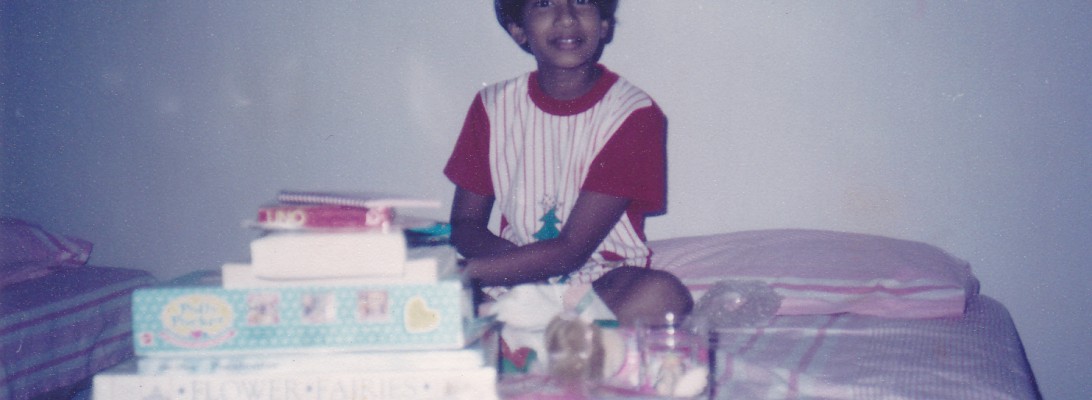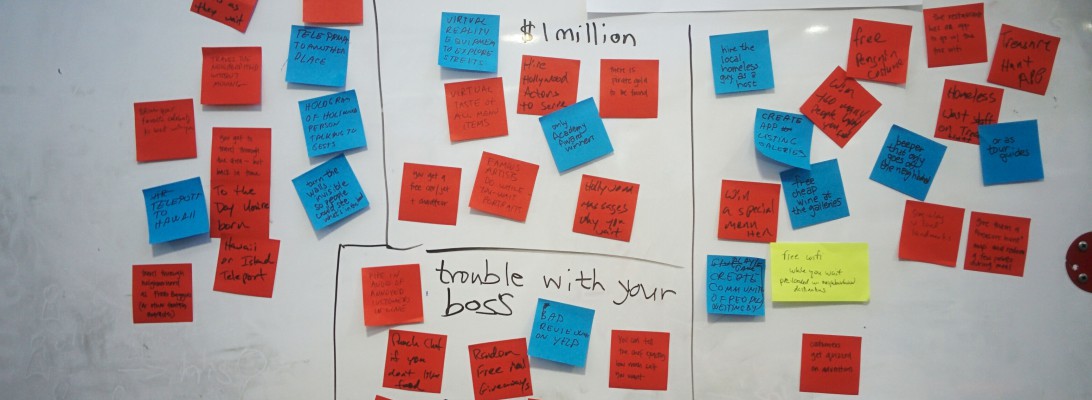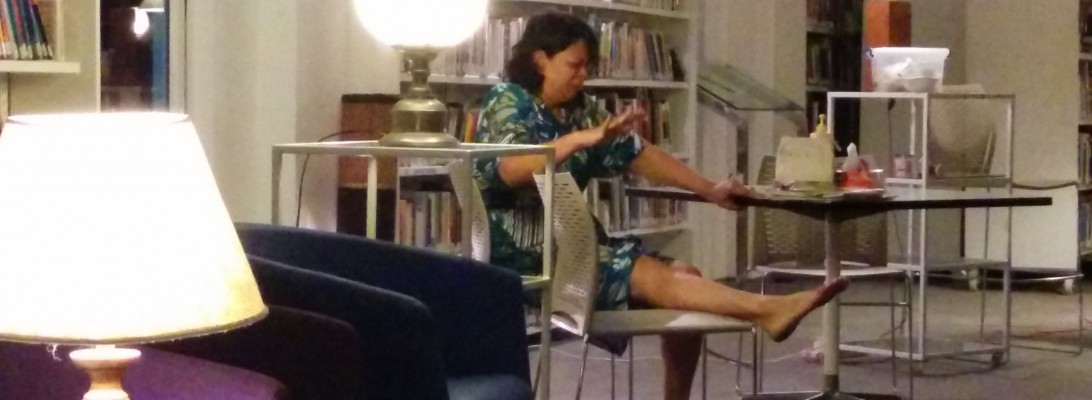I’m not sure when I first heard of Simon Sinek and his exhortation to ‘start with why’, but it made sense immediately. Shared values bring people together, so of course we should first tell the story of why we do what we do, not let it get lost underneath what we do. When I re-read the transcript of his TEDx talk, however, I found I had a few questions about some of his leaps in logic, so I finally read his book last night for clarity. I found to my surprise and disappointment that the book did not deliver as I expected, and I was left exasperated and angry.
I had hoped for a compelling narrative of how Sinek came to his pithy thesis, replete with clear examples that could be translated into a road map for my own journey. Instead, I found the text to be muddled and meandering, which frustrated me all the more because I was so on board with Sinek’s position. As I read, I found myself coming to certain conclusions about operating with your why as your beacon. Sinek addressed some of these, but they were often buried under a mass of anecdotes. For my own peace of mind, I’ve written a two-part critique here. This first piece discusses what I found unclear and frustrating about the book. The second post outlines how I think a book on finding your why should have been written, calling attention to the almost throwaway comments and observations that I think Sinek should have made central to his book. Below, I’ve outlined my frustrations with the book as is (while trying to be civil and not turning this into a personal attack on Sinek!). Continue reading →



